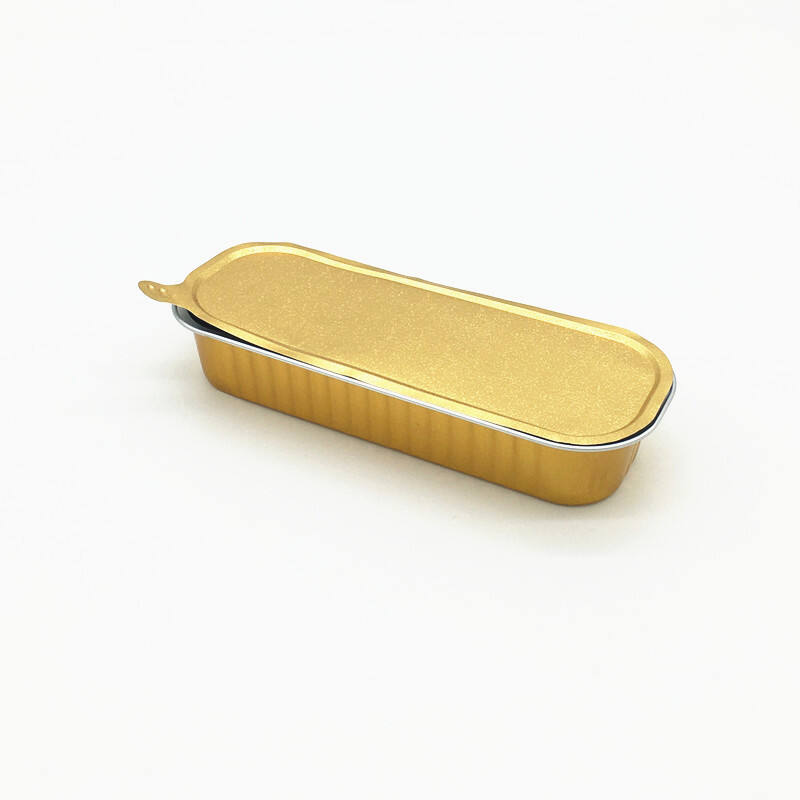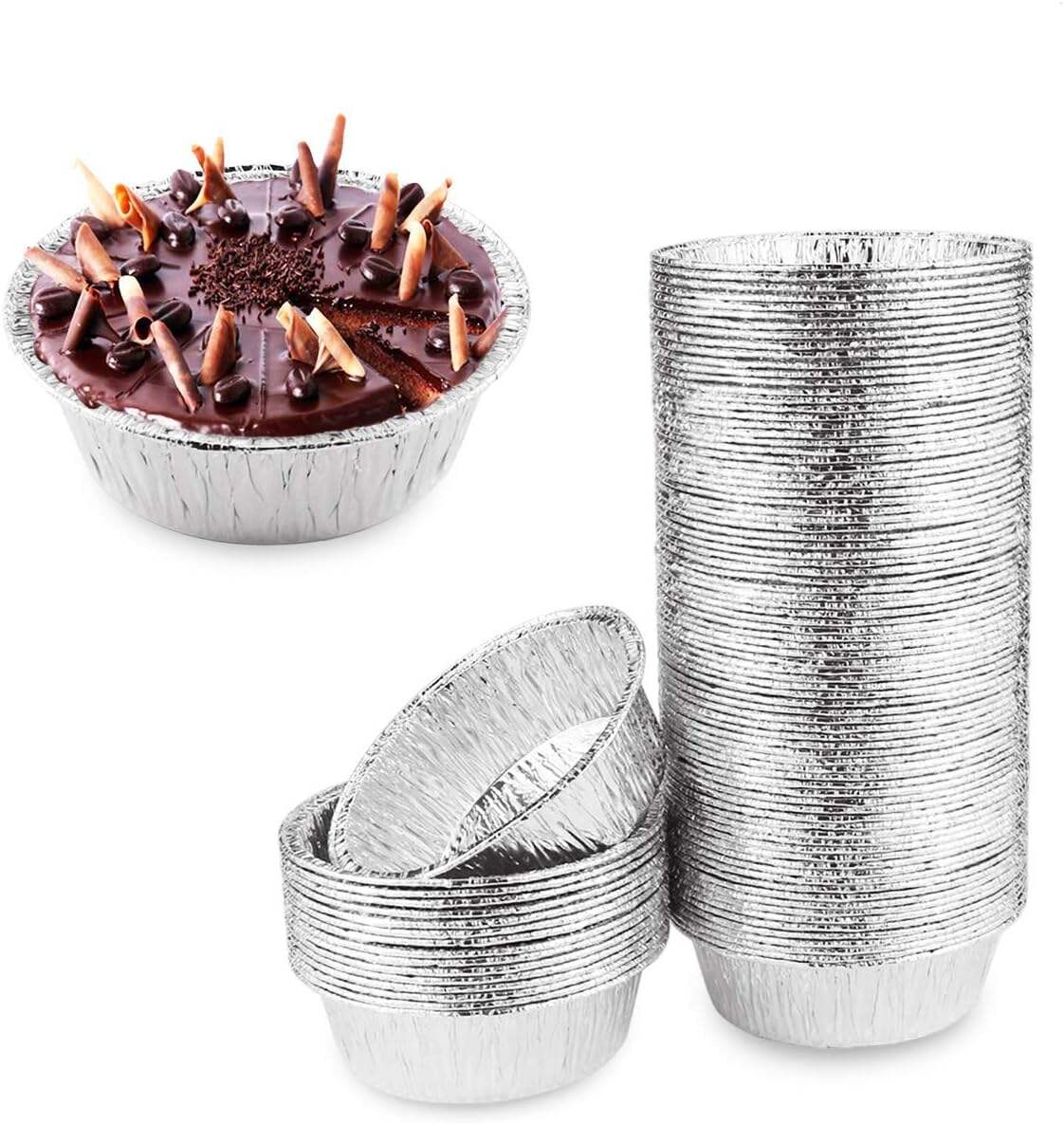The Rising Shift from Plastic to Aluminum in Modern Packaging
In recent years, the packaging industry has witnessed a significant transformation as businesses and consumers increasingly recognize the superior benefits of aluminum containers over traditional plastic options. This fundamental shift reflects growing environmental consciousness and practical considerations that make aluminum containers the preferred choice across various industries. From food storage to industrial applications, aluminum containers are revolutionizing how we think about sustainable and efficient packaging solutions.
The advantages of aluminum containers extend far beyond their sleek, modern appearance. These versatile vessels offer a unique combination of durability, sustainability, and functionality that plastic alternatives simply cannot match. As we delve deeper into the compelling reasons behind this shift, we'll explore how aluminum containers are setting new standards in the packaging industry while addressing crucial environmental concerns.
Environmental Impact and Sustainability Benefits
Infinite Recyclability and Resource Conservation
One of the most remarkable features of aluminum containers is their infinite recyclability without quality loss. Unlike plastic containers that degrade during recycling, aluminum maintains its structural integrity through countless recycling cycles. This characteristic significantly reduces the need for raw material extraction and helps conserve natural resources. When an aluminum container enters the recycling stream, it can be transformed into new products within just 60 days, requiring only 5% of the energy needed to produce virgin aluminum.
The recycling efficiency of aluminum containers contributes substantially to reducing landfill waste. While plastic containers often end up in oceans or take hundreds of years to decompose, aluminum's closed-loop recycling system ensures that these containers can be repurposed indefinitely, making them a truly sustainable packaging solution.
Carbon Footprint Reduction
The production and recycling of aluminum containers generate a significantly lower carbon footprint compared to plastic alternatives. While initial aluminum production requires considerable energy, the metal's infinite recyclability and the efficiency of modern recycling processes result in substantial long-term environmental benefits. Each time aluminum is recycled, it saves enough energy to power a television for three hours, making it an environmentally responsible choice for businesses and consumers alike.

Superior Protection and Preservation Properties
Enhanced Product Safety and Shelf Life
Aluminum containers provide exceptional barrier properties that protect contents from light, moisture, and external contaminants. This superior protection helps maintain product freshness and extends shelf life naturally, without the need for additional chemical preservatives. The material's ability to block out 100% of light and oxygen makes aluminum containers particularly suitable for sensitive products that require optimal preservation.
The natural properties of aluminum also ensure that no harmful chemicals leach into the stored contents, unlike some plastic containers that may release potentially harmful substances over time or when exposed to heat. This makes aluminum containers especially valuable for food storage and pharmaceutical applications where product integrity is paramount.
Temperature Resilience and Versatility
Aluminum containers exhibit remarkable temperature tolerance, maintaining their structural integrity in both extreme cold and heat. This versatility allows them to transition seamlessly from freezer to oven without compromising their performance or safety. The material's excellent thermal conductivity also ensures rapid temperature adjustment, making aluminum containers ideal for various applications, from food service to industrial storage.
Cost-Effectiveness and Economic Advantages
Long-term Financial Benefits
While the initial cost of aluminum containers may be higher than plastic alternatives, their durability and reusability make them more cost-effective in the long run. These containers resist denting, cracking, and wear, significantly extending their useful life. The reduced need for frequent replacements translates to substantial cost savings over time, making aluminum containers an economically sound investment for businesses.
The high scrap value of aluminum also provides additional financial benefits. Used containers can be sold for recycling, creating a secondary revenue stream while contributing to sustainable practices. This economic incentive further enhances the appeal of aluminum containers for commercial applications.
Transportation and Storage Efficiency
The lightweight nature of aluminum containers offers significant advantages in transportation and storage costs. Despite their durability, these containers weigh less than many plastic alternatives, allowing for more efficient shipping and reduced fuel consumption. The material's strength-to-weight ratio enables the design of thinner walls without compromising structural integrity, maximizing storage space and reducing transportation expenses.
Design and Branding Opportunities
Premium Aesthetic Appeal
Aluminum containers provide superior branding opportunities through their naturally attractive appearance and versatile decoration options. The material's smooth surface accepts a wide range of finishing techniques, from simple printing to complex embossing, enabling brands to create distinctive packaging that stands out on store shelves. The metallic sheen of aluminum containers conveys a premium quality that plastic alternatives struggle to match.
Customization and Innovation
The malleability of aluminum allows for innovative container designs that can be tailored to specific product requirements or brand identities. Manufacturers can create unique shapes, sizes, and features that enhance user experience while maintaining the material's protective properties. This flexibility in design, combined with aluminum's premium appearance, helps brands differentiate their products in competitive markets.
Frequently Asked Questions
Are aluminum containers safe for food storage?
Aluminum containers are extremely safe for food storage. They don't leach harmful chemicals, are FDA-approved, and provide an excellent barrier against external contaminants. The material naturally helps preserve food freshness without affecting taste or quality.
How do aluminum containers compare to glass in terms of sustainability?
While both materials are recyclable, aluminum containers offer advantages in terms of transportation efficiency and energy consumption during recycling. They're lighter than glass, reducing shipping costs and carbon emissions, and require less energy to recycle while maintaining their quality indefinitely.
What makes aluminum containers more cost-effective in the long run?
Aluminum containers prove more economical over time due to their durability, reusability, and high recycling value. Their resistance to damage, longer lifespan, and ability to be recycled infinitely without quality loss contribute to significant cost savings compared to disposable plastic alternatives.


